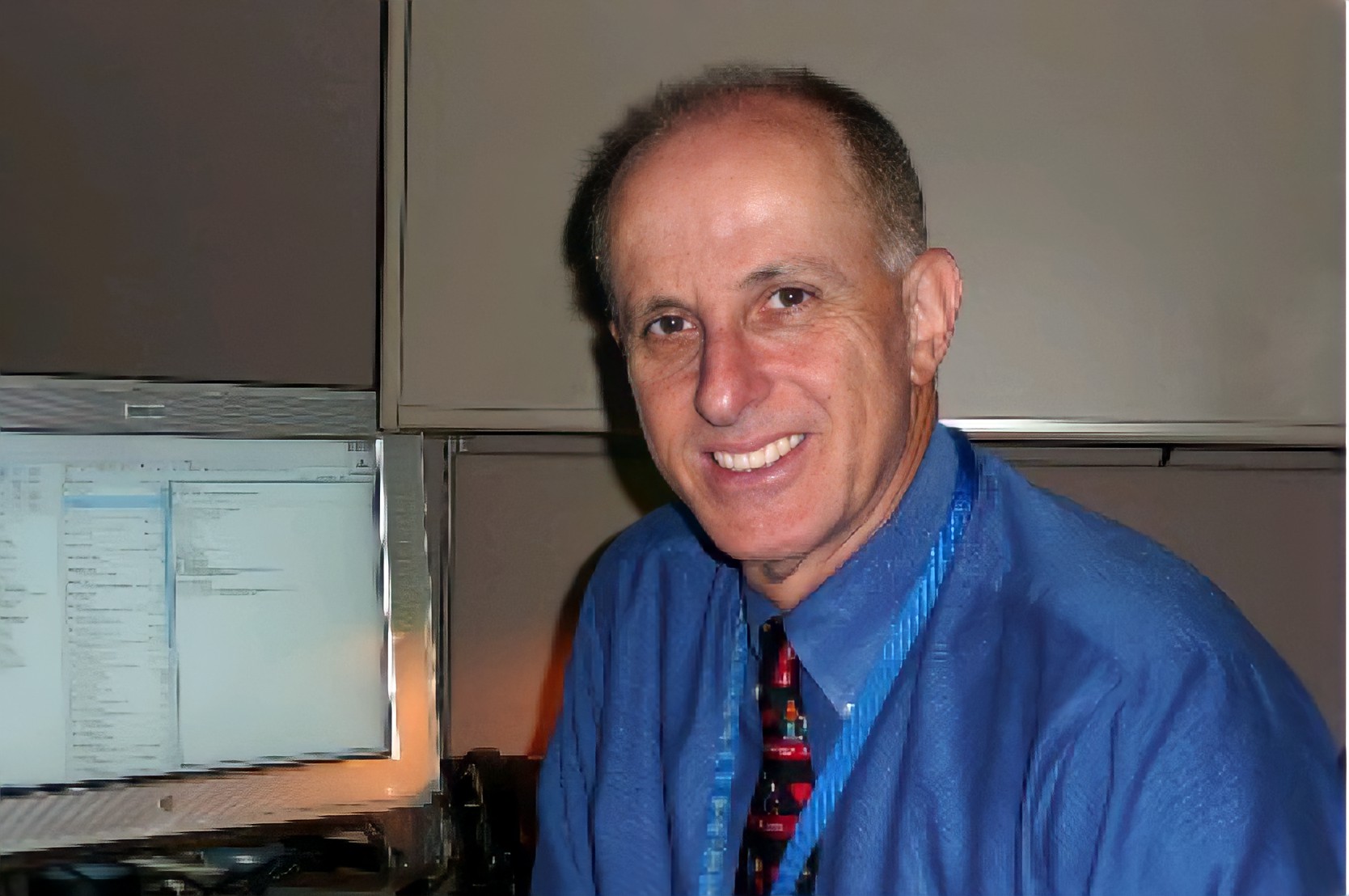


Professor Emeritus of National Security Affairs (CHDS at the National Defense University. A (Lifetime) Fellow of the IEEE, the American Institute for Medical and Biological Engineering, and the International Academy of Medical and Biological Engineering. Chair IEEE SSIT Distinguished Lecturer Program (DLP) (2016- Present)
In the news Australia and California frequent fires, we are also seeing more frequent and stronger Tornados and Hurricanes and lands that used to be fertile, becoming deserts and areas that were dry become flooded. For years, areas such as California's San Joaquin Valley have been booming their agricultural industry while confronting punishing droughts and fires, due to climate change, leading to water over-extraction from aquifers. The lands have sinked 28 feet in a fairly short period of time. According to a 2021 Science article subsidence will affect 1.6 billion people who will be displaced in the next 2 decades because those areas will be susceptible to floods. In addition there will be less land available to produce food. With the daily global population increases (perhaps reaching 10 billion by 2045), water, food and energy will be major challenges to the world. The February 2021 climate crisis in Texas, showed not only how all of our Critical Infrastructures are interdependent among themselves but how dependent we are with cyberspace, and how unprepared the world is for the effects of climate change. While 85 percent of America's critical infrastructure, from power grids to communications networks to water treatment plants, to many healthcare systems are controlled by private firms, they are all susceptible to cyberattacks. In May 2021 a pipeline that provides the US East Coast with nearly half its gasoline and jet fuel remained shuttered on Sunday (May 9) after yet another ransomware attack to a private firm. In the late 80s, we spoke of Information Superhighways and the 21st Century was labeled the "Information Age" with Information Technology playing a major role in our everyday life. Currently, while the world struggles with COVID-19, it is expected that primary, secondary and college students will attend school via distance learning, while people will do telework and in general the public will access their medical support via telemedicine. In addition purchases of products will be done mainly via e-Commerce. These assumptions may be clear for the developed world, however approximately 60% of the world does not have Internet access and if you lack safe drinking water, food, health or a house to live in, Internet is not a priority. On the other hand, world political polarization, has created a new world of unproven conspiratory theories and fake news, spreading instantaneously around the world in seconds through social media, making it very difficult for the world to work in unison to solve any of the new world challenges.
Dr. Luis Kun is the IEEE President Elect for the Society for Social Implications of Technology. He graduated from the Merchant Marine Academy in Uruguay and holds a BSEE, MSEE, and PhD degree in BME, all from UCLA. He is an IEEE Life Fellow and a Fellow of the American Institute for Medical and Biological Engineering and of the International Academy of Medical and Biological Engineering. He is a Distinguished Professor Emeritus of National Security Affairs (CHDS) and was a Professor of Homeland Security at the National Defense University. He is the co-founding Editor in Chief of Springer's Journal of Health and Technology 2010-2020. He spent 14 years at IBM and was the Director of Medical Systems Technology at Cedars Sinai Medical Center. As Senior IT Advisor to AHCPR, he formulated the IT vision and was the lead staff for High Performance Computers and Communications program and Telehealth. In July 1997, he was an invited speaker to the White House and was largely responsible for the first Telemedicine Homecare Legislation signed by President Clinton in August 1997. He represented the DHHS Secretary at a Forum of Healthcare Ministers on Telecommunications and the Healthcare Industry in Mexico. As a Distinguished Fellow at the CDC and an Acting Chief IT Officer for the National Immunization Program, he formulated their IT vision on 10/2000. Dr. Kun received many awards including: AIMBE's first-ever Fellow Advocate Award in 2009; IEEE-USA Citation of Honor Award with a citation, "For exemplary contributions in the inception and implementation of a health care IT vision in the US," and 2011 Golden Core Award by the IEEE CS. In 2009, he was named "Profesor Honoris Causa" by Favaloro University, (Argentina) and "Distinguished Visitor" by City of Puebla, Mexico in 2013. He served as the IEEE Distinguished Visitor for the CS and as a Distinguished Lecturer (DL) for the Engineering in Medicine and Biology Society (EMBS) and SSIT where he chairs the DL Program since 2016. Since 2014, he serves as an Honorary Professor of the Electrical Engineering Department at the School of Engineering of the University (UDELAR) in Montevideo, Uruguay. He received the Medal of Merit on October, 2016 in Mexico by the National Unit of Engineering Associations and was named Visiting Professor by the National Technological University of Buenos Aires, Argentina in October 2017.